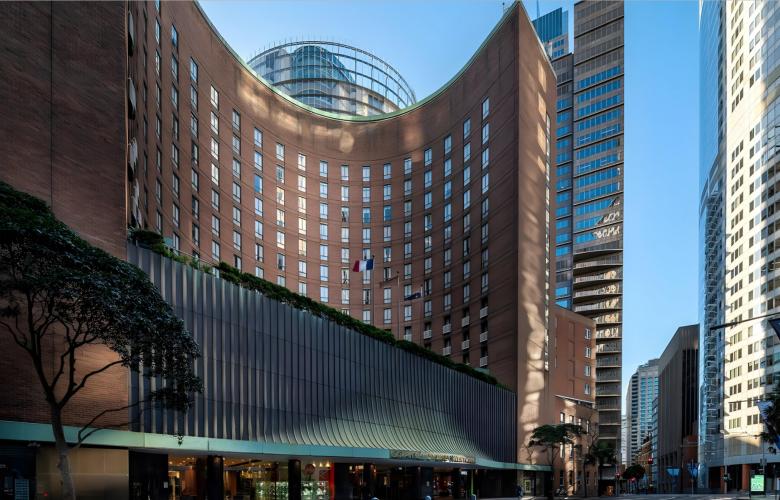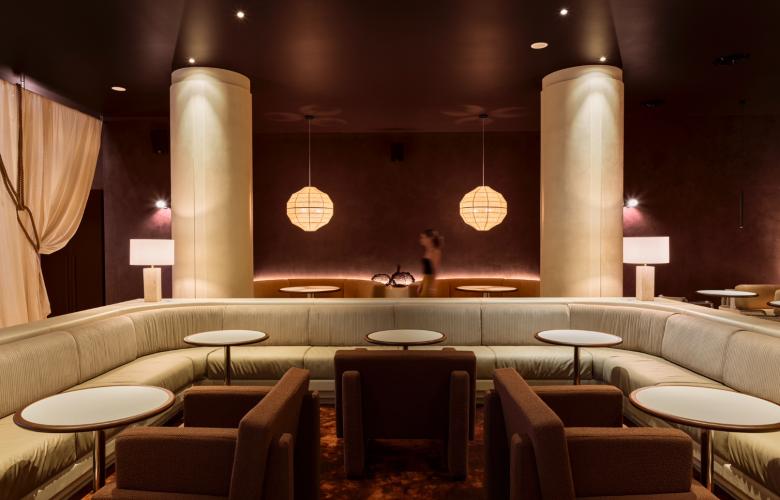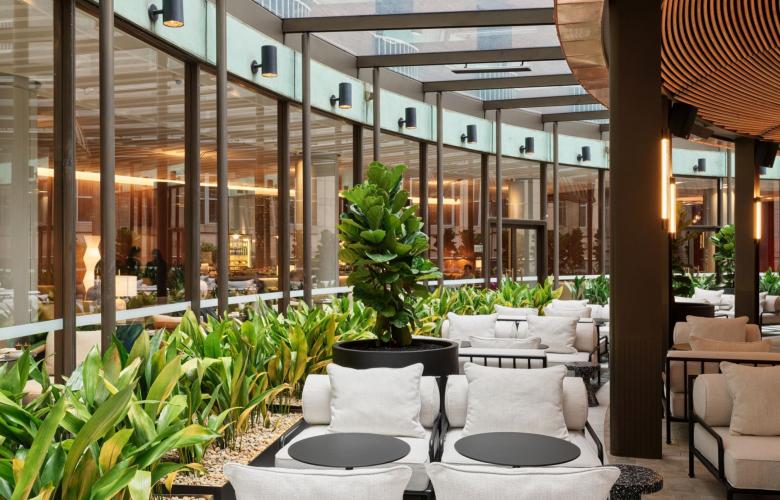Q&A with Christopher Donohue Director of Reward Group
Contact
Q&A with Christopher Donohue Director of Reward Group
Reward Group has played a prominent role in the hotel refurbishment sector for many years, completing nearly 200 projects and transforming thousands of rooms across Australia. The Hotel Conversation spoke with Christopher Donohue to discuss the company’s approach, recent industry trends, and landmark projects.
Reward Group has played a prominent role in the hotel refurbishment sector for many years, completing nearly 200 projects and transforming thousands of rooms across Australia. The Hotel Conversation spoke with Christopher Donohue to discuss the company’s approach, recent industry trends, and landmark projects.
As a leader in hotel refurbishments, can you tell us more about what Reward Group does and its role in the industry?
Christopher: Reward Group specialises in large-scale hotel refurbishments, working with major brands to modernise and enhance properties. We handle all aspects of the renovation process, from design and material selection, procurement to construction, and styling. Our projects are about more than aesthetics—we aim to increase a property’s value and create lasting, high-quality spaces that align with each hotel’s identity and brand standards. Over the years, we’ve developed a reputation for delivering complex refurbishments that meet the industry’s high expectations and bring a fresh appeal to each property.

What are hotel owners and operators currently prioritising in refurbishments?
Christopher: Hotel owners and operators are increasingly looking for upgrades that drive guest satisfaction and improve occupancy rates. This translates to both aesthetic enhancements and functional improvements like modern lighting, quality furnishings, and upgraded public areas and conference spaces. Communication is also key; hotels that are open with guests about renovations see the best long-term results, as this transparency fosters positive relationships and mitigates negative reviews.

What advice would you give to an owner considering a hotel upgrade?
Christopher: I would recommend a strategy combining design with functionality and clearly understanding the budget. This is more prevalent now and in recent years with the increase in construction costs; therefore, clear project scopes must be determined to ensure the best impact is achieved with the project. With the rise in construction costs, many hotel owners are looking at lighter refurbishments, office conversions, and less extensive building works while avoiding heavy construction.
It is paramount that a balance between budget constraints, the vision of the hotel operator, and the hotel owners' expectations are carefully managed to ensure that the objective and best outcome for the refurbishment is accomplished, either including the uplift of hotel revenue, higher occupancy or an elevation of the guest experience.
The engagement of an experienced hotel designer is critical; they are limitless at their design craft, have a clear understanding of hotel operations, and are considerate of the hotel's mix of guests. An experienced hotel interior designer will also be very conversant with all the major hotel operators and brands and will have spent time experiencing hotels throughout other regions and countries.
High-quality furniture, strategic lighting, and timeless design elements make a huge impact. Also, keeping guests informed about the upgrades is essential—transparent communication helps set expectations and reduces the chance of negative feedback. Timing is also crucial; conducting upgrades during low-occupancy periods makes it easier to minimise disruptions.
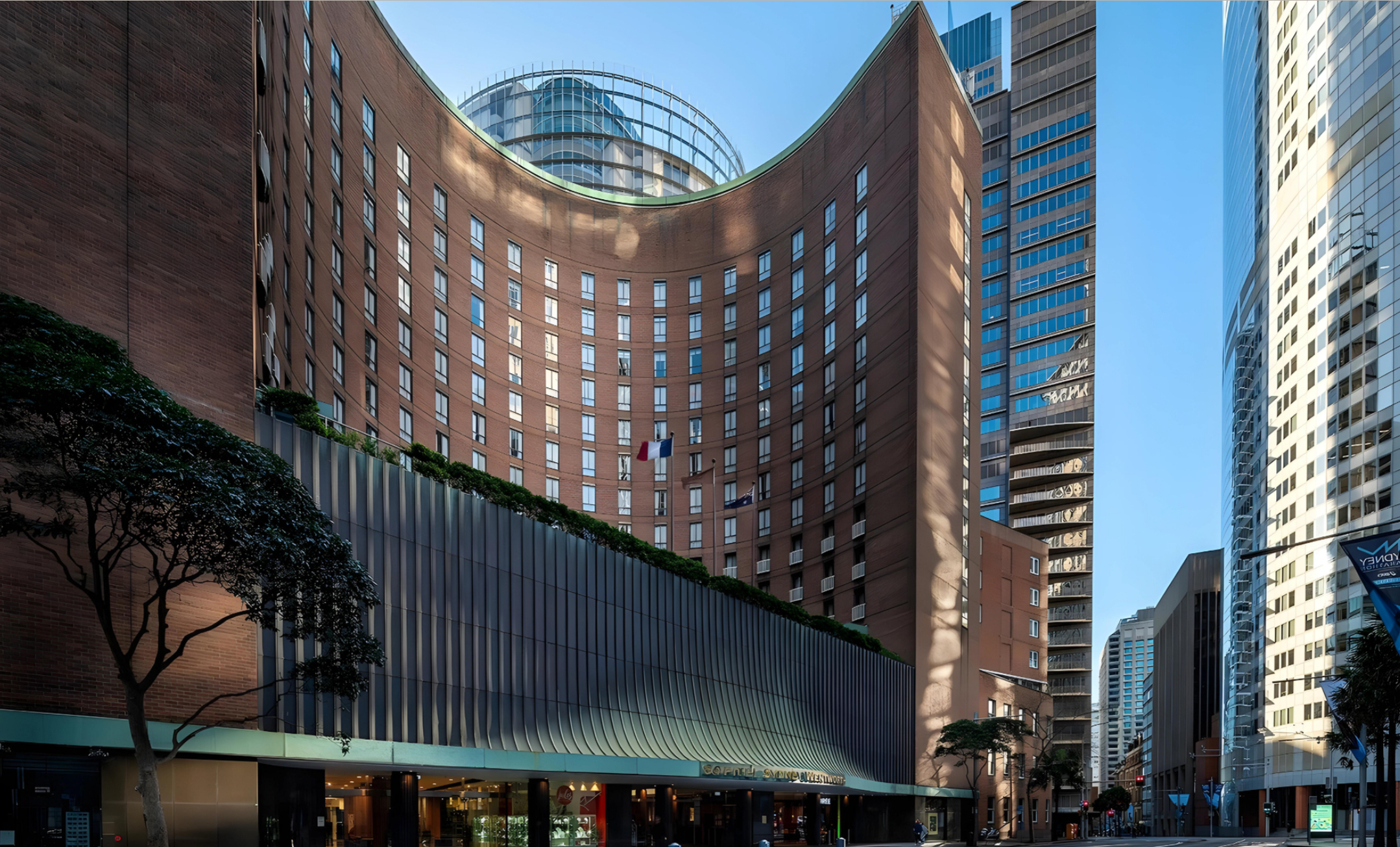
The Sofitel Sydney Wentworth recently reopened following a $60 million plus transformation. Could you tell us more about this project?
Christopher: The Sofitel Sydney Wentworth refurbishment was a milestone project. Working with Fender Katsalidis architects, we undertook an extensive transformation that modernised the properties' public spaces while respecting its legacy. This included two new restaurants, two bars, and a redesigned lobby. The renovation balanced luxury with heritage, creating an experience that appeals to international and local guests alike and showcasing our expertise in revitalising iconic properties.
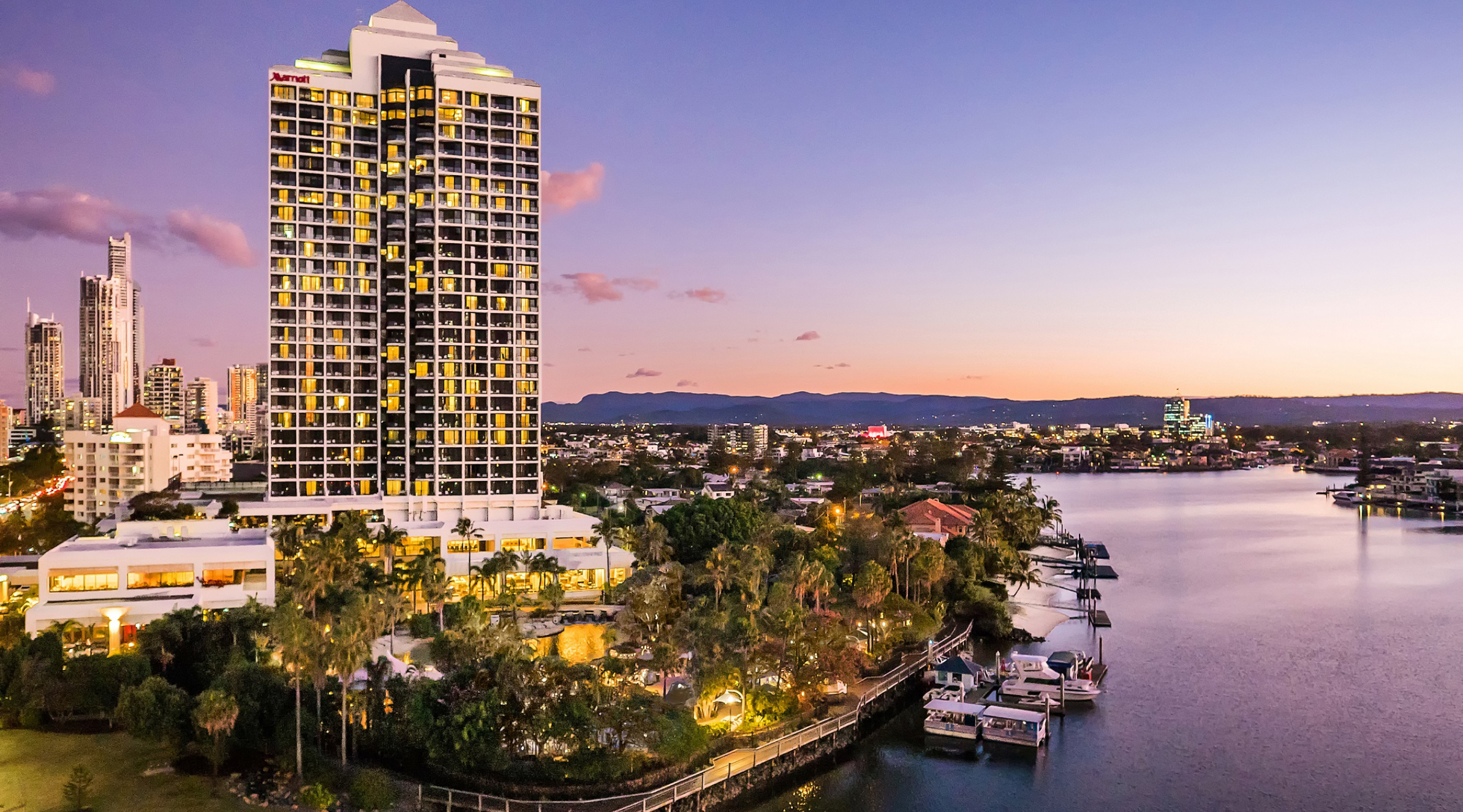
How did the Marriott Vacation Club Surfers Paradise refurbishment differ?
Christopher: For the JW Marriott Surfers Paradise, the focus was on elevating luxury within the guest rooms. We collaborated closely with the property owners to bring their vision to life, featuring custom elements and high-end materials like natural stone and bespoke joinery. Our goal was to enhance the guest experience without interrupting hotel operations, which is a core aspect of our project management approach.
What would have been Rewards Group's major achievements in recent times?
Christopher: We underwent the refurbishment of four 5-star hotels in four different states at the same time. The work included extensive work in over 800 guestrooms and public areas within a limited programme whilst the hotels were operating at significantly high occupancies.
In addition to this, we have had an indebted, long-standing relationship with Voyages Ayres Rock Resort. Reward over recent years, has been responsible for refurbishing over 700 guestrooms. The highly successful execution of these works encompassed continuous freight throughout the projects, which included carpet, joinery, bedding, furniture, bathroom fittings and fixtures. Reward teams were based at the resort throughout the projects, and contractors from Sydney, Melbourne, Brisbane, and Perth were engaged to work on the projects.
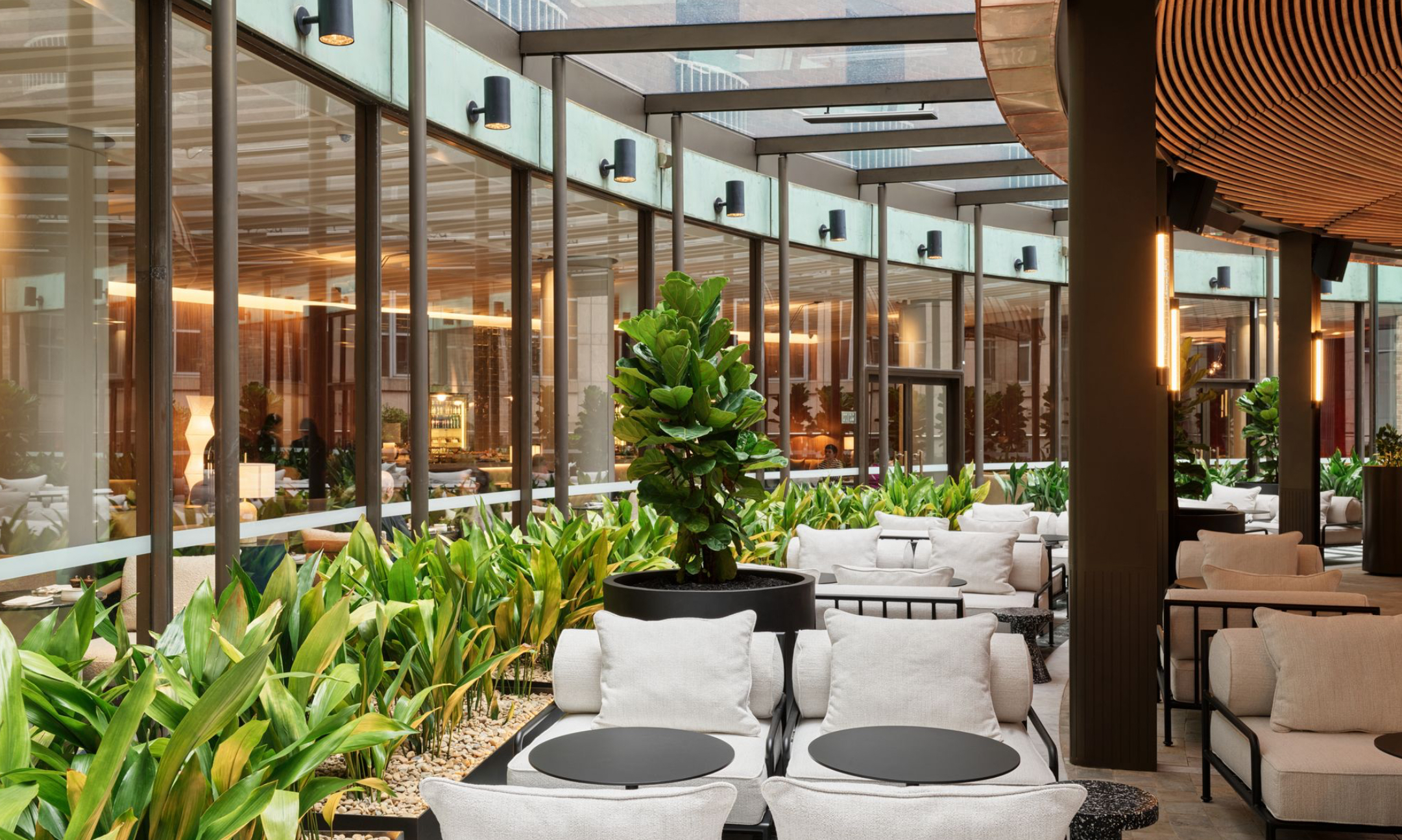
Where are owners focusing more of their refurbishment budget?
Christopher: Focusing on common areas is essential these days. With the rise of shared spaces and amenities like lounges and co-working spaces, hotels should prioritise the experience outside the guestroom itself. Essentially, hotel guestrooms (other than high-end luxury full-service hotels) become more of a functional space for sleeping rather than an endpoint in their own right. Guests are looking for a clean, modern room, as the modern comforts and technology are achievable in most homes. Therefore, a hotel alone cannot rely on providing guests with a guestroom experience, that they could perhaps get at home. Hotels, where a guest drops their bags in the guestroom and come down to experience great public areas, are not just a potential revenue boost but provide a vibrant, energetic heartbeat to the hotel.
Where do you see the hotel refurbishment industry heading?
Christopher: The industry is evolving with growing demand for sustainable practices that use eco-friendly materials and energy-efficient solutions. There's also a shift toward customisation, such as self checkin, and greater guestrooms connectivity, while hotels seek unique designs that set them apart from competitors.
What distinguishes Reward Group from other refurbishment companies?
Christopher: Our reputation is rooted in experience and collaboration. With over 20,000 guestroom renovations across Australia, we are known for maintaining strong relationships with hotel owners, and operators while delivering high-quality refurbishments that exceed expectations. Our strength lies in our ability to balance the needs of hotel owners and guests, managing large-scale projects with minimal disruption.
What’s next for Reward Group?
Christopher: We're looking forward to an exciting future, with high-end refurbishments that continue to raise guest satisfaction and property value. We're also exploring new markets and opportunities to expand our portfolio. With our expertise, we’re positioned to lead the hotel refurbishment industry in Australia.

What advice would you give to an owner considering a hotel upgrade?
Christopher: I always encourage hotel owners to spend money on back-of-house areas and not just public-facing hotel guest touchpoints. These days, with the competitive hotel market, the need to attract and retain staff is paramount to success. Employees with access to good amenities are more likely to be content and positive, directly affecting how they interact with other employees and guests. Unfortunately, there are still older hotel properties that have staff facilities and offices deep in the carpark basement, though most properties are unable to make other provisions, it's important to ensure that these areas are modern and comfortable, which in turn enhances customer service, innovation, and overall business performance.
Click here to view time lapse of Sofitel Sydney Wentworth refurbishment



